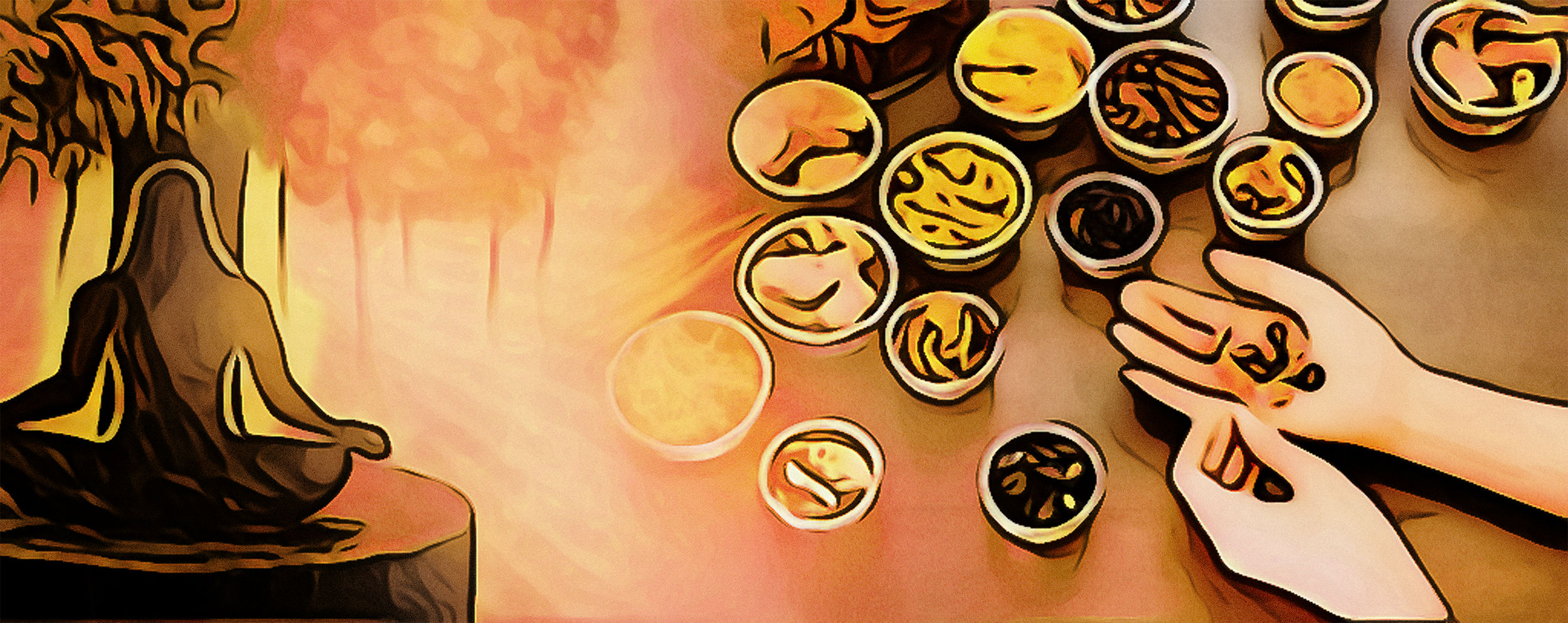Ayurveda is an ancient medicine system, it is the oldest known medical system in the world still in practice today. Ayurveda is a science of life derived from the Vedas, so ayurveda is the science of veda. According to ancient philosophy, the word Ayurveda means Science of life.
Ancient system of medicine.
Ayurveda is a holistic system of medicine and lifestyle that originated in ancient india over millions years ago. It aims to promote health and prevent disease. The word Ayurveda comes from the Sanskrit words ayu (life) and veda (science).
Definition of Ayurveda
The word ayurveda means science of life. Ayurveda is a sanskrit word, which is a combination of word ayu which means life and veda which means science.
Ayurveda in simple words, the science of life. Ayurveda is the science of life and is also known as science of health.

Ayurveda’s principles:
How does it work?
Prakriti: An individual’s inherent nature, or constitution, that’s determined by the balance of three doshas at conception
Doshas: The three energetic forces that govern physiology: vata, pitta, and kapha
Panchakarma: A series of five actions that are part of Ayurvedic treatments.
Ayurvedic Herbs.
Ayurveda utilizes a vast number of herbs, with estimates ranging from 600 basic plant species to 60,000 plant species. Most sacred herb in ayurveda is Tulsi or tulsi flower (holy basil), it is an ayurvedic herb.
Ayurveda is not a pseudoscience.
Ayurveda is an ancient science derived from the Vedas, it is scientific and proven. Ayurveda is not a pseudoscience, considering it as pseudoscience is not justified, as it is a science of increasing lifespan.
History of Ayurveda
Ayurveda is an ancient philosophy term or word. Ayurveda is attributed to Dhanvantari, the physician to the gods in ancient mythology.
Ayurveda is an ancient medicine system with historical roots in the ancient india, Ayurveda is not an alternative medicine system, but it the natural medicine system in the world. Ayurveda is the world’s ancient science of health. Ayurveda is still widely practiced in parts of Asia, particularly in India.
Origin of ayurveda.
Ayurveda is an ancient philosophy term or word.
Ayurveda is attributed to Dhanvantari, the physician to the gods in ancient mythology.
Enduring Influence of Ayurveda:
The principles and practices of Ayurveda continue to be followed and practiced throughout the world, especially in India, and in recent years has gained popularity as an alternative medicine system around the world, especially in the West.
Understanding of Ayurveda.
Ayurveda had been developed based on the knowledge from the vedas, hence ayurveda follows a holistic approach in treating as well as using herbs and eating food items.
Ayurveda approach.
Ayurveda had been developed based on the knowledge from Vedas. Hence Ayurveda follows holistic approach both in treating as well as using herbs and eating food items. Wherever deviated from holistic approach either in food items and herbs untold miseries and adverse effects are the ultimate results. Harmony of life gets disturbed both mentally and physically and generates more ailments and sometimes incurable diseases. This results in about 80% population as sick over a period. Ayurveda stresses to live in Harmony with nature at all times and lead a healthy and happy life.
Ayurveda treatments:
Herbal medicines, Yoga and meditation, Massage, Acupuncture, Panchakarma treatments, Dietary changes, Activity routines, and Lifestyle counseling.
Ayurvedic lifestyle:
Ayurveda emphasizes healthy living, including diet, exercise, and daily routines
Goal of Ayurveda.
(Ayurveda’s goals)
1. Ayurveda stresses on the need to live in harmony with nature at all times and lead a healthy and happy life.
2. To promote health and prevent disease
3. To cure sickness
4. To restore balance to the body, mind, and spirit
5. To build the strength of mind and body
6. To promote physical, mental, social, and spiritual harmony
